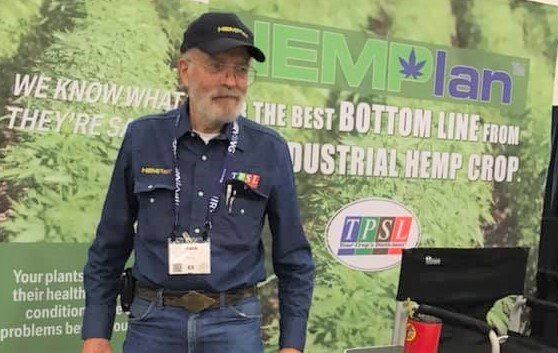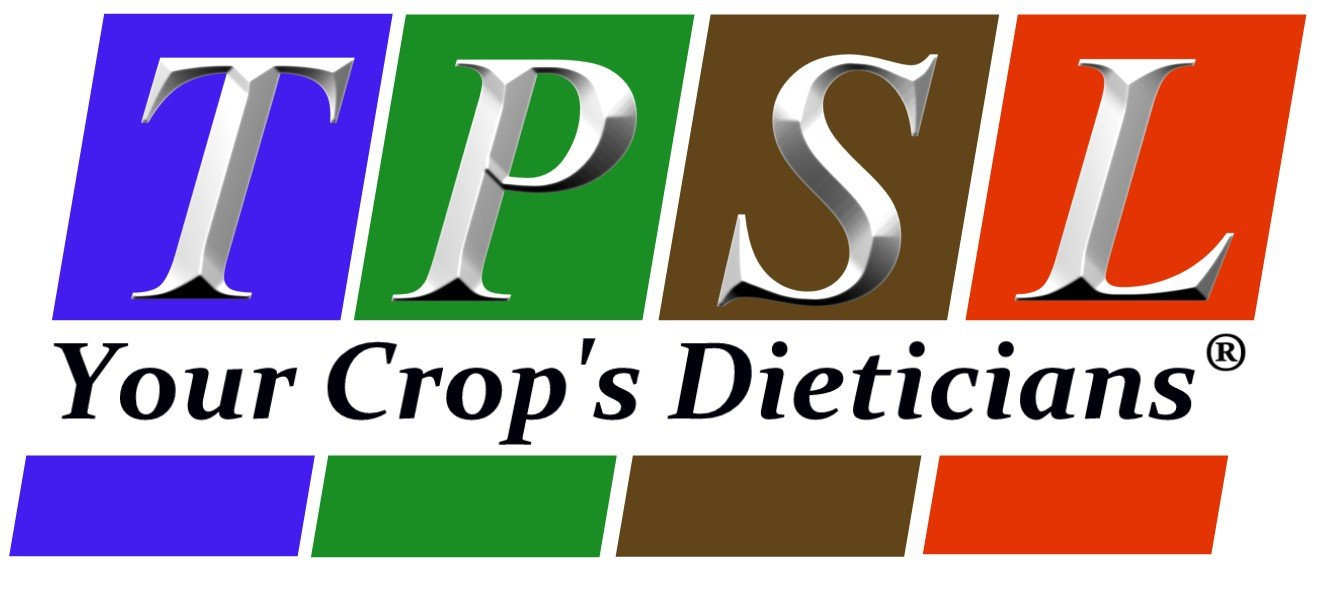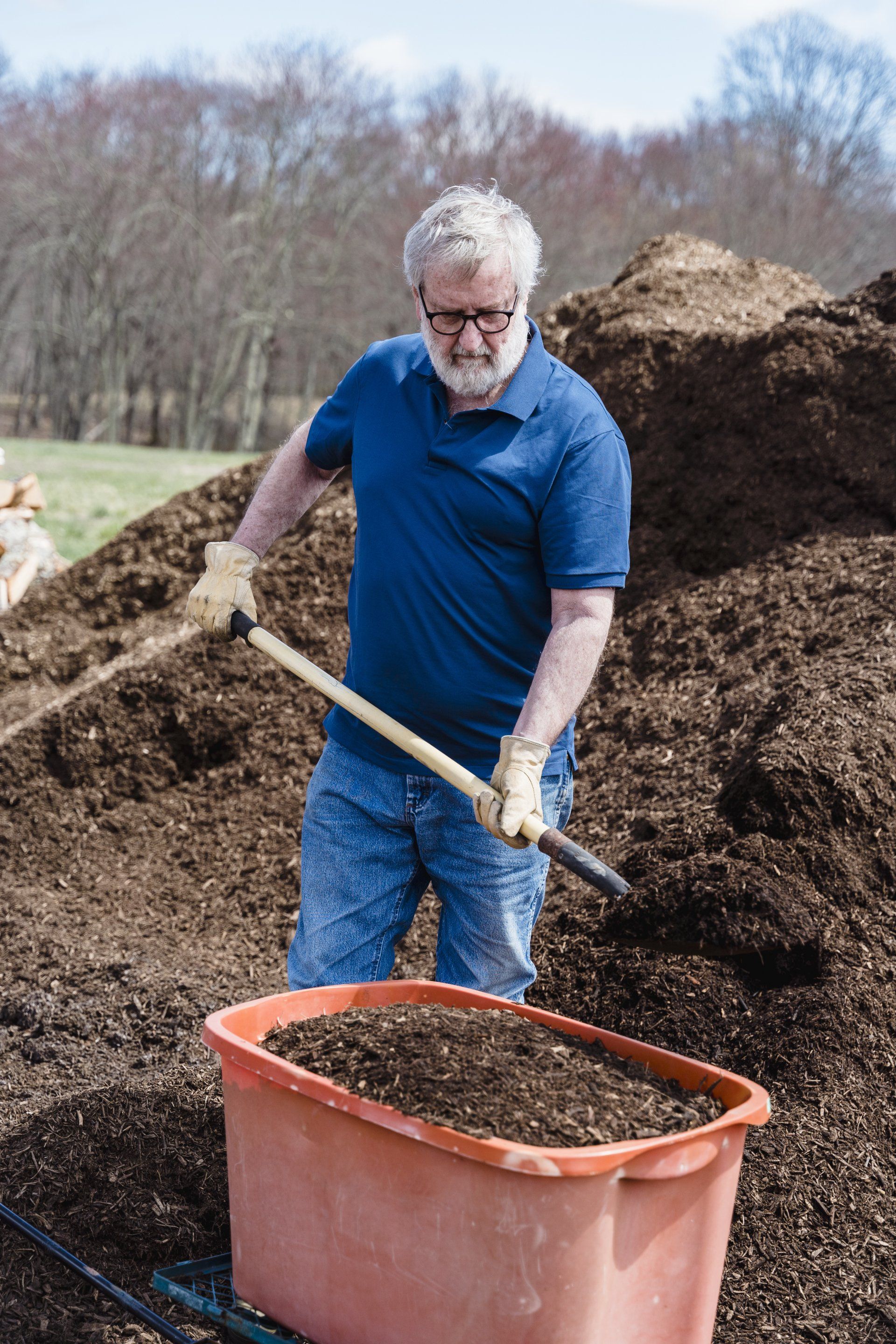An Interview with Frank Schultz
TPS LAB

An Interview with Frank Schultz
How did you begin in the field of soil testing, can you give us a bit of your origin story?
The lab was established in 1938 by Dr. George Schulz (no relation). I am the third president and conservator of a now 80-plus year-old international consulting agronomic laboratory, starting as client in the early 2000s after soil report recommendations on my place from other labs either weren’t working or didn’t make sense.
You have clients all over the globe, but here in Texas, what would you say is the single, biggest challenge a farmer will face in terms of crop health?
With respect to Industrial Hemp, Education – or lack thereof – more than anything else.
We often get calls from people who say they are interested in growing hemp but it obtains during the conversation that they have done little or no research into the plant, its unique requirements, possible markets or the industry in general. Unfortunately, we have seen and heard firsthand accounts of millions of dollars simply lost by people who lacked experience or hadn’t done their research. Some even “bet the farm” and lost it! For the first-time grower, always start small with a few plants – certainly less than an acre. It will be a learning experience, so consider the money spent to be tuition with no other profit.
Even experienced growers, from long-time gardeners to well-experienced farmers often do not appreciate the complexity, special needs, costs, infrastructure required and especially the labor-intensive nature of growing CBD industrial hemp. (We saw a reduction in hemp acres grown with our clients in 2020 from 2019, largely due to the realization of the labor required.) Additionally, experienced growers of other crops are accustomed to few changes in plant varieties and genetics year after year.
However, new hemp genetics are being developed continuously to enhance oil percentages and characteristics, and suitability for specific growing conditions and regions. This means that a grower should constantly be researching new varieties to better suit his growing conditions and to accommodate the dynamic market demands for the latest desired CBD isolates.
A BIG MISTAKE some of our clients made was in retaining Marihuana consultants to advise them on growing industrial hemp. With the understanding that genetics is where it all starts and is key to the capacity of cannabinoid production and composition (or lack thereof), the growing practices for each are quite opposite in several ways:
● With Marihuana, the varietal genesis is typically C. Indica L., due to its penchant for producing high levels of THC. Plant stress is purposely induced during the middle and latter stages of development to further stimulate the production of THC. This is done by limiting fertilization, water, light or causing any other factor to induce stress without killing the plant.
● C. sativa L. is the varietal genesis of industrial hemp and typically has a lesser penchant for producing THC. However, THC production is still stimulated by plant stress. Accordingly, it is essential to limit stress in order to limit THC content to 0.3% or less to have expectations of a harvestable crop.
The good news is that we can do much to limit stress and encourage production of CBD by providing balanced nutrition at critical times during plant development and to at an extent, managing water. We can even compensate, to degrees, for other stressful conditions such as weather. With Marihuana, stress is encouraged.
But there’s more: Because you get a harvestable crop does not mean that you get a merchantable crop! Over the several years, we’ve seen processor’s demands increase for percentage of CBD and even for particular isolates of CBD (CBG, CBN, etc.) – and now, Δ-8 THC (in Texas). The appropriate genetics, stress management, cultivation practice, soil type, climate and correct, timed nutrition and water are the answer. And don’t forget harvest and post-harvest labor, equipment and infrastructure requirements!
Can you describe your operation in Edinburg?
We are a consulting agronomic laboratory, being in the same location for decades and have current technology analytical instruments to provide clients with timely test reports. We are are open to the public and encourage growers large and small to bring in their samples or visit with one of our consultants to get answers to their toughest questions.
The main and unique feature of the lab is its proprietary methods of soil and compost testing, emulating the way plants take up nutrients in any soil type and are calibrated against actual plant uptake (Plant Natural® Soil & Compost Tests); its Ask The Plant® plant sap analyses based on proprietary plant nutrition standards and its What’s In Your Water Becomes Part Of Your Soil® irrigation and spray water analyses for quality management.
Test results alone have little meaning to most growers, so our main product is the experience and ability to interpret lab data and provide our clients with specific interpretations and recommendations for their specific crop and their particular growing circumstances. Accordingly, every test and recommendation is custom and written by a senior consultant – no “shotgun” approach, here.
Is Plant Natural™ Innovations your company as well? Did you formulate the CSL+ Organic Fertilizer?
Plant Natural™ Innovations was established as an independent company to provide formulations of some recently-available and highly-beneficial products which are not generally recognized by growers. The lab’s most senior consultants proposed, developed and designed CSL+ and other organically-based products based upon their decades-long experience in soil health and plant nutrition. CSL+ is only the initial formulation which has shown remarkable results to growers of a variety of high-value crops. Product lines will expand as development and actual field-performance experience continues.
Can you tell us about your Ask The Plant® program?
The lab began testing plant sap (from petioles) in 1964, making it an early pioneer in private-lab plant testing. One of my predecessors, Dr. Albin Lengyel of Phoenix, Arizona, started testing plant sap in cotton in the late ’40s and later extended it to many other crops around the country. Another legacy from Dr. Lengyel is the Plant Natural® Soil & Compost Tests.
Originally, Ask The Plant® (ATP) Dynamic Crop Nutrition® was intended to be a season-long “dynamic” nutrition program for growers to allow them to apply appropriate nutrients in appropriate amounts at critical stages of crop development for best ROI by periodic in-season testing, based upon the physiology of the crop. However, we get many panicked calls sometime during the season from growers who are having serious problems and need help immediately.
Accordingly, much of ATP has evolved into “911” calls concerning physical crop damage (such as by wind, sandstorm or hail) or sudden manifestations of insects, disease or nematodes. We have had remarkable success in guiding our clients past these and on to doing well by the end of the season.
By the way, HEMPlan® is a comprehensive, specialized and extended version of ATP, exclusively for industrial hemp growers, based, in part, upon a decade of experience with Canadian growers, plus decades-long experience in other exotic and high-value crops around the world.
Again, HEMPlan®, as is ATP, is intended to be a pre-season-to-harvest program, but as with ATP, we get calls from growers sometime into the season about problems they’re having. Unhappily, some call us too late in the season for us to be able to salvage them, as THC content is already out of control.
Our Best Advice: Call us before spending a penny on hemp – it will cost you nothing!
Do you have a success story you’d like to share of a farm you’ve been able to help?
Yes. Some years ago, we were working with sugar beet, potato and mustard (plus other) growers in the Pacific Northwest – fairly high-value crops, at the time. They had been relying on state extension agents and their local coöps for advice for years. And it had stopped working – to the extent that several generations-old family farms were facing soon bankruptcy.
Our VP-Research, formerly a tenured professor with the University of Maine, thence a Senior Research Scientist with the USDA – ARS, Weslaco, went on a field trip together with our COO, to visit with some of our clients in the PNW. He told me that as a [cloistered] academic, it was the first time he ever visited with people who were the end-recipients of and directly impacted by his research.
One day, he was sitting in the kitchen of a farmer, whose farm was in dire straits, when his wife leaned over and whispered, “Please help us!”. Our VP said that he suddenly realized that what he did seriously impacted real people. Before, it had been simply academic.
This farm and one other facing bankruptcy and others did well by the end of the season.
It wasn’t magic – it was simply a matter of applying long-established agronomic principles combined with recent discoveries which seem to have been ignored or forgotten by the institutions.
What do you enjoy most about your work?
I really enjoy hearing the success stories and how we help improve our clients’ bottom-lines – sometimes even to the extent of saving their farms.
All considered, that’s not a bad way to live.
Thank you!!
-Misty Contreras
-Texas Hemp Reporter
Originally posted on https://texashempreporter.com/tps-lab/



